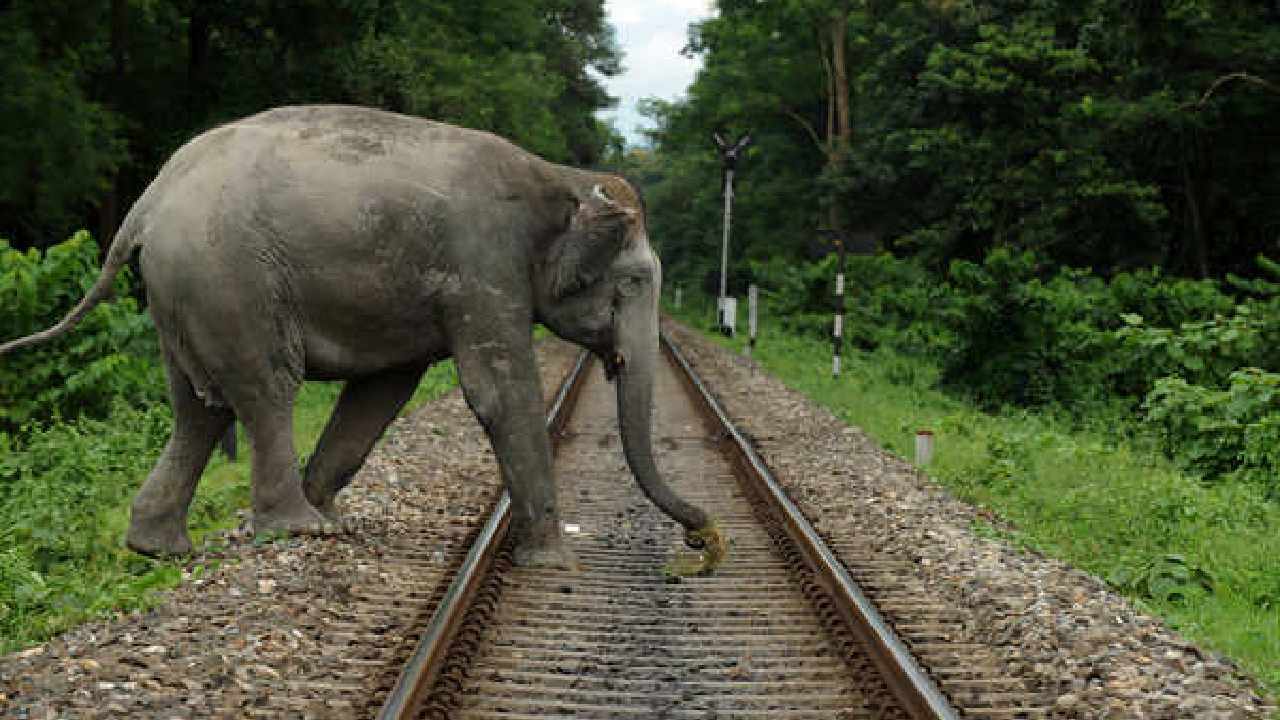Elephant expert claimed that “genetic memory” of elephants lasts for five generations and that explains the sudden appearance of the giant mammals in areas where they have never been seen before.
Understanding the elephant and taking measures will make it easier to find a solution to the elephant-man conflict. “Elephants tell us what cannot be easily said,” said Anand Shinde of Trunk Call the Wildlife Foundation while speaking at an event organised at Madkholkar College in Chandgad, Kolhapur (Maharashtra) on the occasion of World Earth Day being celebrated on 22nd April. He shared his experiences about pacifying an elephant named Gajraj, who had killed three people in the sanctuary at Tadoba, as well as his other experiences.
He explained the nature, behaviour, mental state of the elephant is very similar to that of a human being and elephants easily express feelings of love, anger, laughter, mockery, etc. “If we want to preserve this very intelligent animal that has very sharp senses which can recognize odors up to seven kilometers away and communicate with each other for up to seven kilometers through sound waves that the human ear cannot hear, it will take at least five years for the efforts we start today to succeed.”
Shinde further said that we should remember that we will be safe in our homes only when the elephant is safe in its home and that the genetic memory of elephants lasts for five generations. That’s why in some areas where there was never an elephant in the past, elephants suddenly appear and we are surprised. In such a situation, it is likely that earlier generations of elephants lived there, and the present generations of elephants are traversing that area using the genetic memory of geography of that area, but we are unaware of that.
Trunk Call the Wildlife Foundation is implementing an elephant conservation programme in 70 villages, including 50 villages provided by the Maharashtra Forest Department and another 20 villages that have joined it on their own. Apart from elephant conservation, the biggest part of the programme is to educate people about elephants and bisons. For the past 20 years, the main part of the programme has been to give elephants an elephant’s corridor, restore their food chain that has ended, and secure their habitat, rather than bursting crackers, planting bio fences and blocking the elephant’s path through trenches. The organization and the forest department will continue to strive for the next few years to help reduce the conflict between elephants and humans.


























